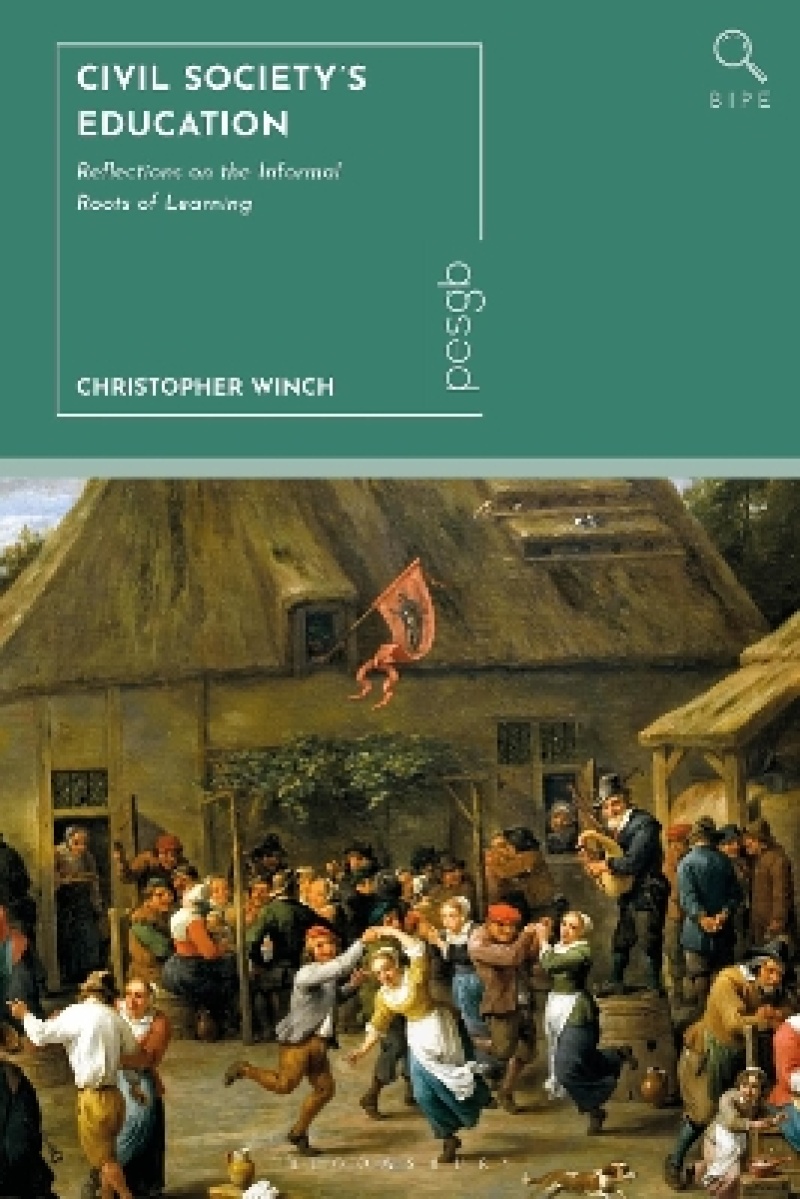A long-overdue educational-philosophical task has been the methodical and thorough investigation of how State-regulated and formal types of education are interconnected with Civil Society educational activities. Christopher Winch’s new book fulfils this important task most informatively and insightfully, indeed, valuably. <i></i>
- Marianna Papastephanou, Professor of Philosophy of Education, University of Cyprus, Cyprus,
<i>Civil Society: Its Educational Importance insightfully explores how non-state institutions underpin education. A critical read for understanding the partnership between Civil Society and the State in shaping educational systems and their necessary impact on society. Thought-provoking and essential.</i>
- Ecem Karlidag-Dennis, Senior Researcher in Social Innovation & Impact, University of Northampton, UK,
In what may just be the best book on civil society since Hegel’s<i> Philosophy of Right,</i> Christopher Winch explores the relationship between the educational activities of civil society and the State, demonstrating that the latter cannot be understood independently of the former. Anybody interested in the philosophy of education and socio-politics would benefit greatly from reading it.
- Constantine Sandis, University of Hertfordshire, UK,
Series Editor’s Preface
Foreword
1. ‘Society without Government’, Human Association and Conventions
2. The Idea of Civil Society
3. The State and its Relation to Civil Society
4. Exploring the Relationship Between State and Civil Society in an Historical Context
5. Contemporary Civil Society Examined
6. The Foundations of Education within Civil Society
7. Family, Clan, Neighbourhood in Education and Schooling
8. Labour, Economy and Vocational Education
9. Politics, Political Parties and Civic Education
10. Civil Society, Education and Market Relationships
References
Index
In partnership with the Philosophy of Education Society of Great Britain (PESGB), this series publishes books at the forefront of philosophical inquiry into education, in institutions and as a dimension of life as a whole, and embraces a wide variety of philosophical traditions. They vary from examinations of fundamental philosophical issues in their connection with education, to detailed critical engagement with current educational practice or policy from a philosophical point of view. The series promotes rigorous thinking on educational matters and identifies and critiques the ideological forces shaping education. The ethical, political, aesthetic and epistemological dimensions of educational theory are amongst those covered.
Advisory Board
René Arcilla (NYU, USA)
Eamonn Callan (Stanford University, USA)
Richard Smith (Durham University, UK)
Sharon Todd (Maynooth University, Ireland)
Christopher Winch (KCL, UK)
